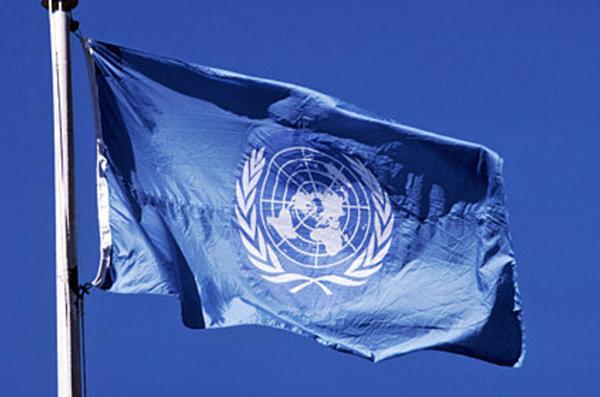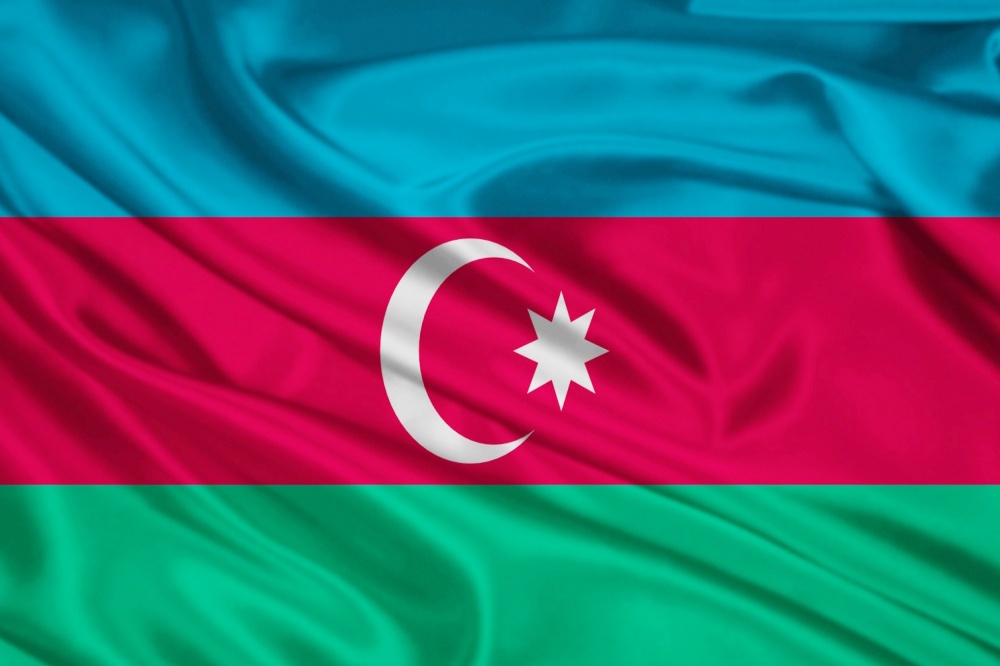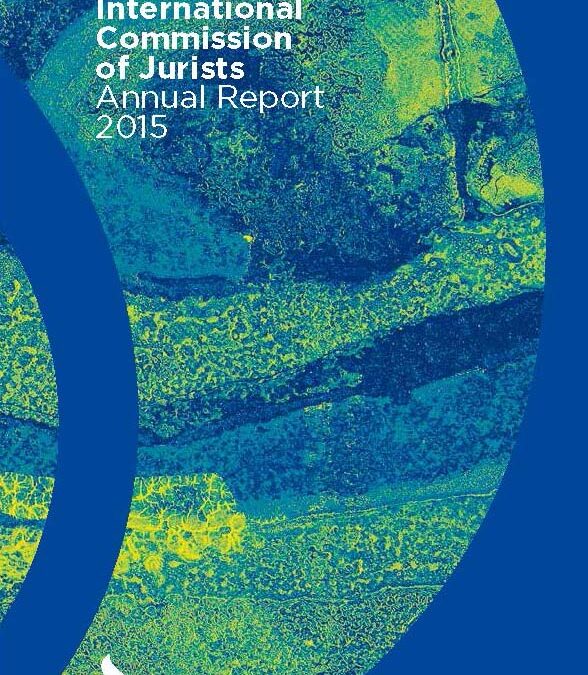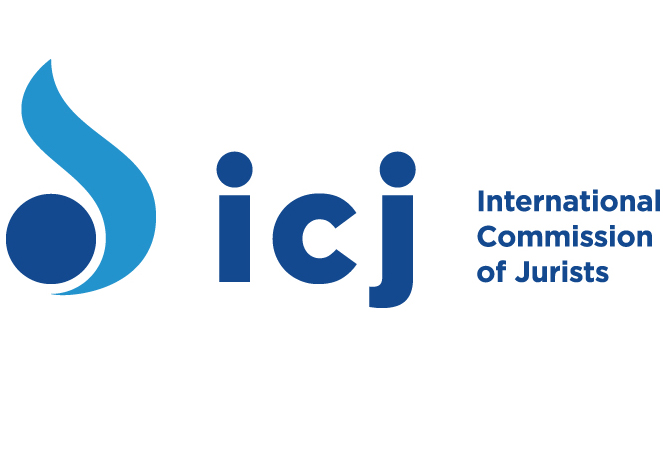
Dec 8, 2016
The ICJ is helping human rights lawyers from Myanmar, Cambodia, Thailand, Vietnam and Lao PDR, to understand how United Nations human rights mechanisms can help improve access to justice.
To build the awareness and capacity of human rights lawyers from these countries to make use of human rights mechanisms based in Geneva, the ICJ is organizing workshops with human rights lawyers in the region, as well as hosting practical mentorships for some of the participating lawyers with the ICJ’s office in Geneva. The ICJ has also prepared unofficial translations of key UN guides for use in the project, which are also being made available on the ICJ’s website for a wider audience.
The publications, originally produced in English by the UN Office of the High Commissioner on Human Rights (OHCHR) are:
- Working with the United Nations Human Rights Programme: A Handbook for Civil Society
Cambodia/Khmer – Laos – Myanmar/Burmese – Thai – Vietnamese (existing OHCHR official version)
- United Nations Human Rights Council – A Practical Guide for NGO Participants
Cambodia/Khmer – Laos – Myanmar/Burmese – Thai – Vietnamese
- Universal Periodic Review – A Practical Guide for Civil Society
Cambodia/Khmer – Laos – Myanmar/Burmese – Thai – Vietnamese
- How to Follow Up on United Nations Human Rights Recommendations – A Practical Guide for Civil Society
Cambodia/Khmer – Laos – Myanmar/Burmese – Thai – Vietnamese
Given the particular interest in the issue in the region, the ICJ also commissioned translation of the following additional OHCHR publication:
- Land and Human Rights: Standards and Applications
Laos – Myanmar/Burmese (word version)
Official UN versions of all of these documents, in English and other languages, are available on the OHCHR website here.
For more information about the project, please contact Matt Pollard, Senior Legal Adviser, at matt.pollard(a)icj.org .

Nov 14, 2016
The ICJ has published a translation of its Practitioner’s Guide N°1 International Principles on the Independence and Accountability of Judges, Lawyers and Prosecutors.
This is the first comprehensive analysis of the existing standards and compilation of universal and regional instruments published in Turkmen.
The Guide outlines the roles to be played by a strong legal profession, an independent judiciary and an impartial and objective prosecuting authority.
Part one of this guide provides an analysis of the law and concrete examples drawn from international practice. Part two includes relevant global and regional standards on the topic.
References to international decisions, reports, texts of treaties and other international standards allow the Guide to be used as a reference book by legal practitioners and policy makers.
Turkmenistan-PG N°1-Publications-Practitioners’ Guide Series-2016-TKM (full guide in Turkmen, PDF)

Sep 6, 2016
This publication released today by the ICJ summarizes and explains the rights of people in Africa who are suspected of or charged with a criminal offence from the time of arrest until trial, as set out in standards of the African Union and United Nations (UN).
The idea for the publication was first discussed at a regional symposium of judges that was convened by the ICJ, working together with the Southern Africa Chief Justice Forum and the Africa Judges and Jurists in Pretoria in September 2014.
The theme was carried forward to the Southern Africa Chief Justice Forum held in Victoria Falls in August 2015. The Guide builds on these two initiatives.
It is a tool for lawyers, judges, and law-makers seeking to ensure that criminal laws and practices, from arrest until trial, comply with a State’s obligations under international human rights law.
In particular, these laws and practices should be consistent with the standards set by the African Union and the United Nations.
The Guide may also be useful to people observing trials with a view to assessing their fairness in the light of international standards, or others seeking to evaluate the extent to which the country’s criminal procedure codes and practices adhere to international standards.
The Guide may also be used as an educational and training tool. Its 11 chapters each set out one or more rights relevant to the various stages and proceedings in a criminal case, indicating which African and UN standards guarantee the rights and illustrating how the rights and standards have been construed and interpreted by African and universal human rights bodies.
africa-pretrial-rights-publications-reports-thematic-reports-2016-eng (full publication, in PDF)

Sep 5, 2016
The ICJ has issued its Annual Report 2015, which offers a concise summary of the work carried out by the ICJ over the past year.
While the ICJ continues to engage with and often lead on the development and implementation of regional and international human rights standards, the ICJ is witnessing an attack on these standards.
Today, there are signs of a global backlash against human rights protections that has gone beyond a reduced government commitment to provide support and has instead, in some quarters, transformed into active hostility to these rights.
Political and economic trends are undermining human rights standards so that millions have become more, rather than less, vulnerable.
Inequality and discrimination are becoming more entrenched. With increasingly narrowing support, this is a difficult time to be operating in human rights protection.
Last year, the ICJ has worked hard to press in the UN and other intergovernmental fora for better protections and clearer standards aimed at ensuring accountability and access to justice for everyone.
The ICJ also continues to be concerned about judicial independence and impropriety and whilst it continues to support the former, it is also concerned where acts of judicial impropriety are rampant, and judges are not held accountable for abuses of judicial position and mis-application of the law that undermines human rights protection.
In 2015, the ICJ continued its work in monitoring the counter-terrorism measures introduced by some States and highlighting issues that raise human rights concerns and it has also focused on the issue of human rights in the digital age.
Last year, the ICJ’s work also continued to focus on the most marginalized groups in society that, already vulnerable to rights violations, are the first to suffer from a weakening of rights protection.
On the issue of enforced disappearances, the ICJ published a new ICJ Practitioners’ Guide on enforced disappearances and extrajudicial executions, available in both Spanish and English.
For a complete overview of ICJ’s most important activities in 2015, you can download the Annual Report 2015 (in PDF) here:
Universal-ICJ Annual Report-Publications-Annual Report-2015-ENG
Universal-ICJ Annual Report low res-Publications-Annual Report-2015-ENG (in low resolution to download faster)









